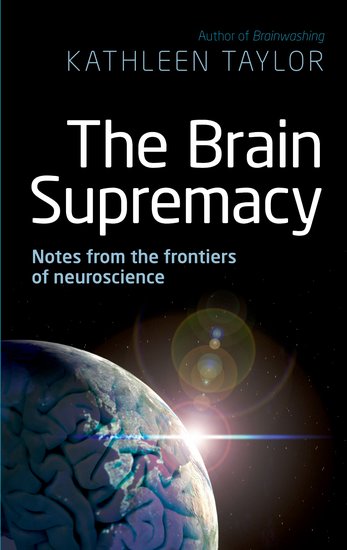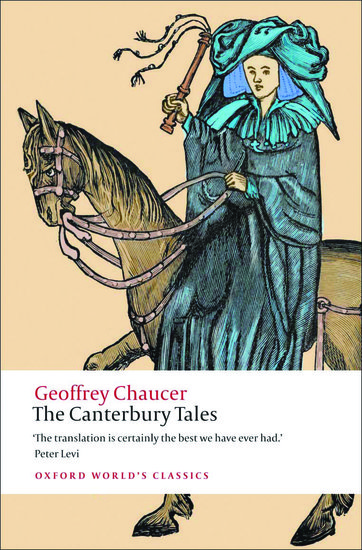Making sense of mathematics
Mathematics is used in increasingly sophisticated ways in modern society, explicitly by experts who develop applications and implicitly by the general public who use technological devices. As each of us is taught a broad curriculum in school and then focuses on particular specialisms in our adult life, it is useful to ask the question ‘what does it mean to make sense of mathematics?’.





